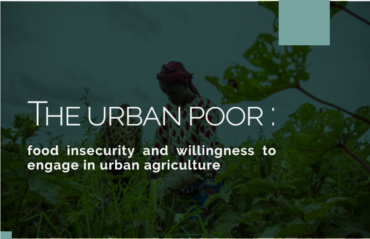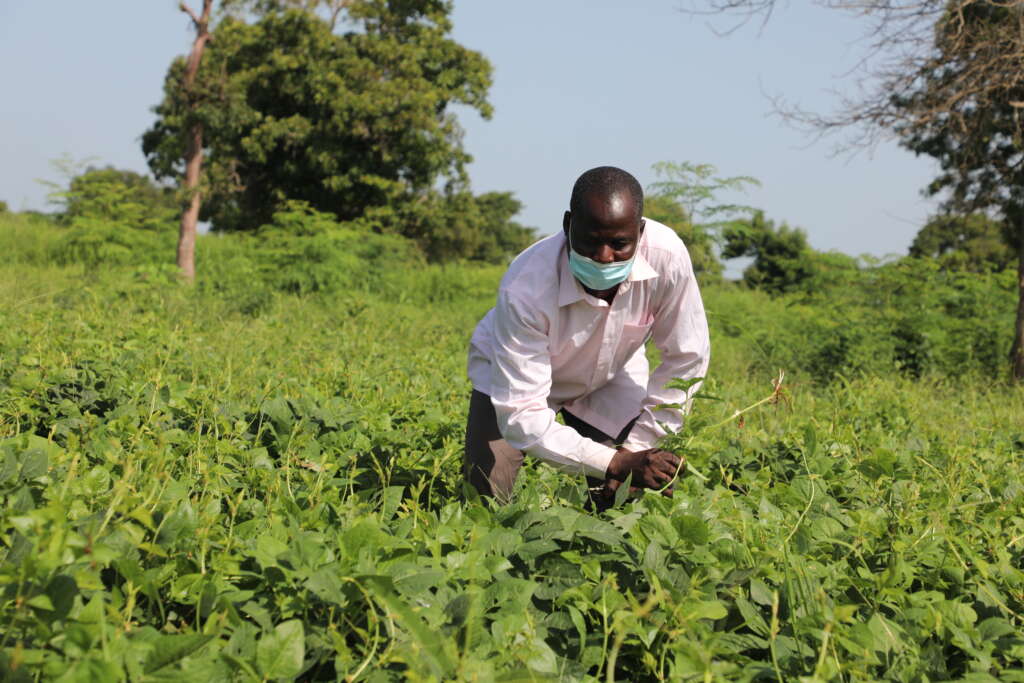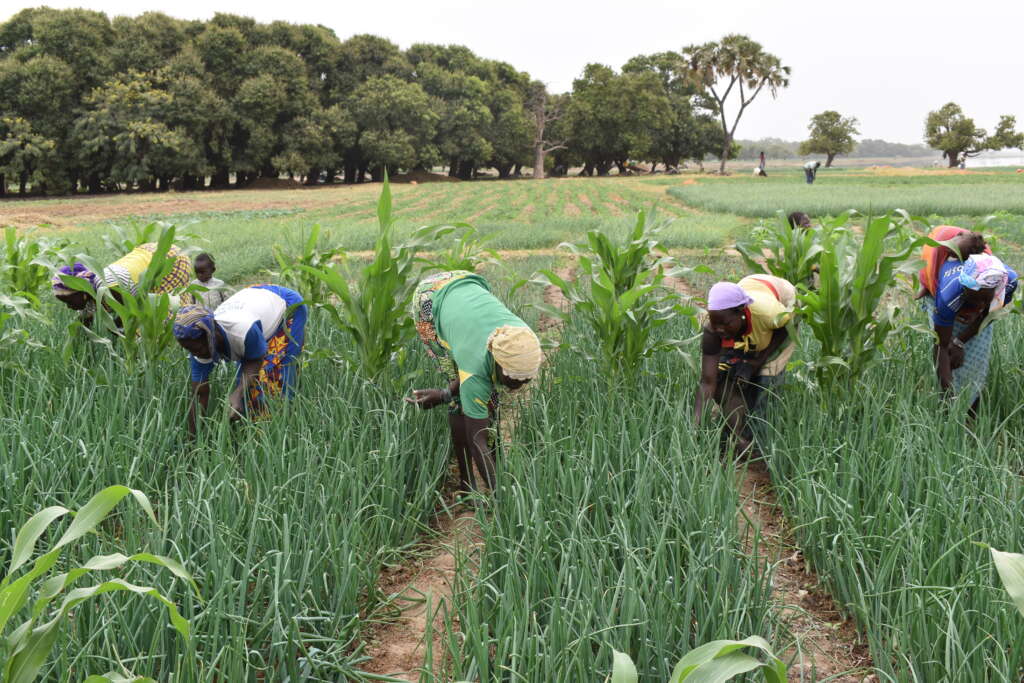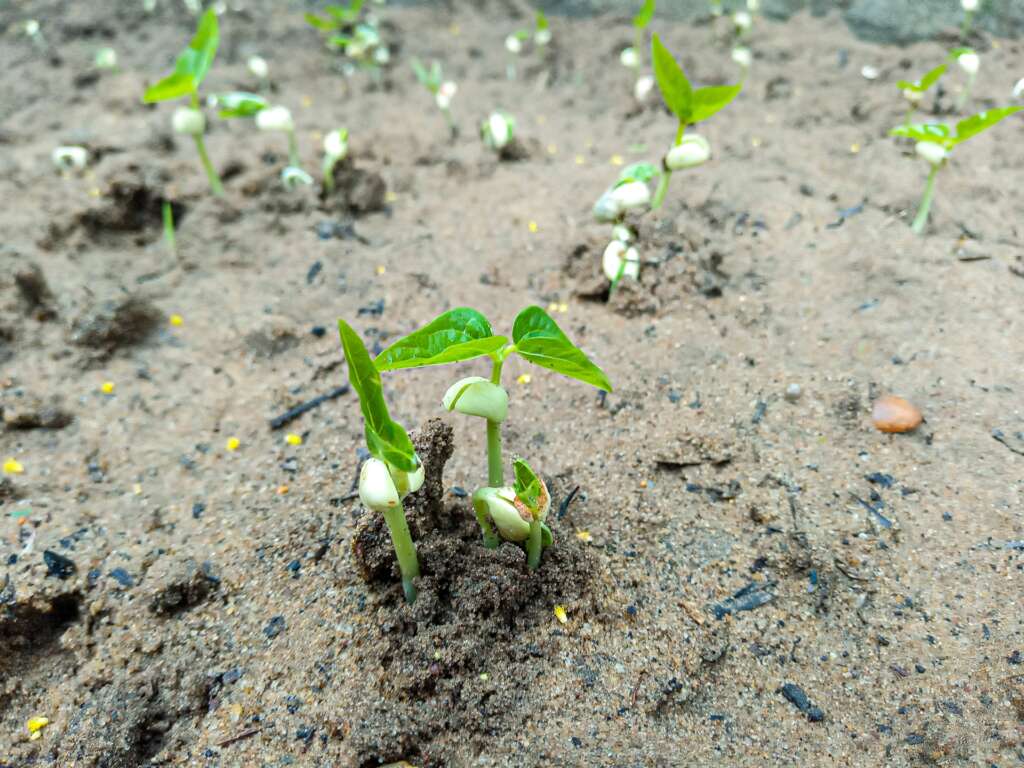Rapid global urbanization has to keep pace with a fast-growing number of poor urban dwellers that miss natural endowments to cope with food shortages and price volatility. Hence, a broadening of safety nets for food insecure urban poor merits urgent attention on political agendas, yet, that is not an easy task, basically for two reasons.
First, targeted policies require a profiling to identify food insecure urban poor. Second, access to food can only be assured if urban poor are empowered to determine, independently, their own destination. Benin is a typical case in point; 31% of urban households are poor and hidden in large metropoles without means to improve their food security. This paper aims to support policies that improve food security of urban poor: first, by identifying the food insecure segment within the urban population; second, by analyzing possibilities and constraints for participation in allotment gardens; a policy intervention that let urban poor take matter in their own hands.
The survey, conducted among 88 urban poor, shows low education levels, lack of financial resources, overcrowded and unsanitary housing conditions and limited access to social services and health facilities; 76% are food insecure. A stepwise ordered logistic regression shows that food security is influenced by city, gender, ownership of a motorbike and access to formal health system. Concerning allotment garden participation, we found that 99% are willing to participate, yet, technical skills, time, capital, distance to allotments, intrahousehold’s relations and safety are potential constraints for participation.
Keywords : Urbanization; poverty; food security; urban planning; cities; Benin.



